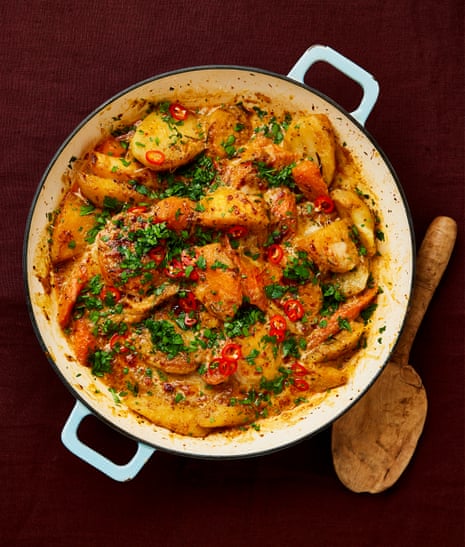Soft drinks are demerara sugar cubes “soft” in contrast with “hard” alcoholic drinks. Small amounts of alcohol may be present in a soft drink, but the alcohol content must be less than 0.
Soft drinks may be served cold, over ice cubes, or at room temperature. They are available in many container formats, including cans, glass bottles, and plastic bottles. Within a decade of the invention of carbonated water by Joseph Priestley in 1767, inventors in Britain and in Europe had used his concept to produce the drink in greater quantities. Schweppe, formed Schweppes in 1783 and selling the world’s first bottled soft drink. The term “soft drink” is a category in the beverage industry, and is broadly used in product labeling and on restaurant menus.

However, in many countries such drinks are more commonly referred to by regional names, including pop, cool drink, fizzy drink, cola, soda, or soda pop. In the United States, the 2003 Harvard Dialect Survey tracked the usage of the nine most common names. Over half of the survey respondents preferred the term “soda”, which was dominant in the Northeastern United States, California, and the areas surrounding Milwaukee and St. In the English-speaking parts of Canada, the term “pop” is prevalent, but “soft drink” is the most common English term used in Montreal. In the United Kingdom and Ireland, the term “fizzy drink” is common. Pop” and “fizzy pop” are used in Northern England, South Wales, and the Midlands while “mineral” is used in Ireland.
In Scotland, “fizzy juice” or even simply “juice” is colloquially encountered, as is “ginger”. In other languages, various names are used: descriptive names as “non-alcoholic beverages”, equivalents of “soda water”, or generalized prototypical names. The origins of soft drinks lie in the development of fruit-flavored drinks. Another early type of soft drink was lemonade, made of water and lemon juice sweetened with honey, but without carbonated water. The Compagnie des Limonadiers of Paris was granted a monopoly for the sale of lemonade soft drinks in 1676. Vendors carried tanks of lemonade on their backs and dispensed cups of the soft drink to Parisians.
Carbonation moving through a drink a disturbing the ice in a glass. Carbonated drinks or fizzy drinks are beverages that contain dissolved carbon dioxide in carbonated water. Carbonated beverages are prepared by mixing chilled flavored syrup with chilled carbonated water. Carbonation levels range up to 5 volumes of CO2 per liquid volume. Ginger ale, colas, and related drinks are carbonated with 3. Other drinks, often fruity ones, are carbonated less. Engraving of assorted scientific equipment, such as a pneumatic trough.